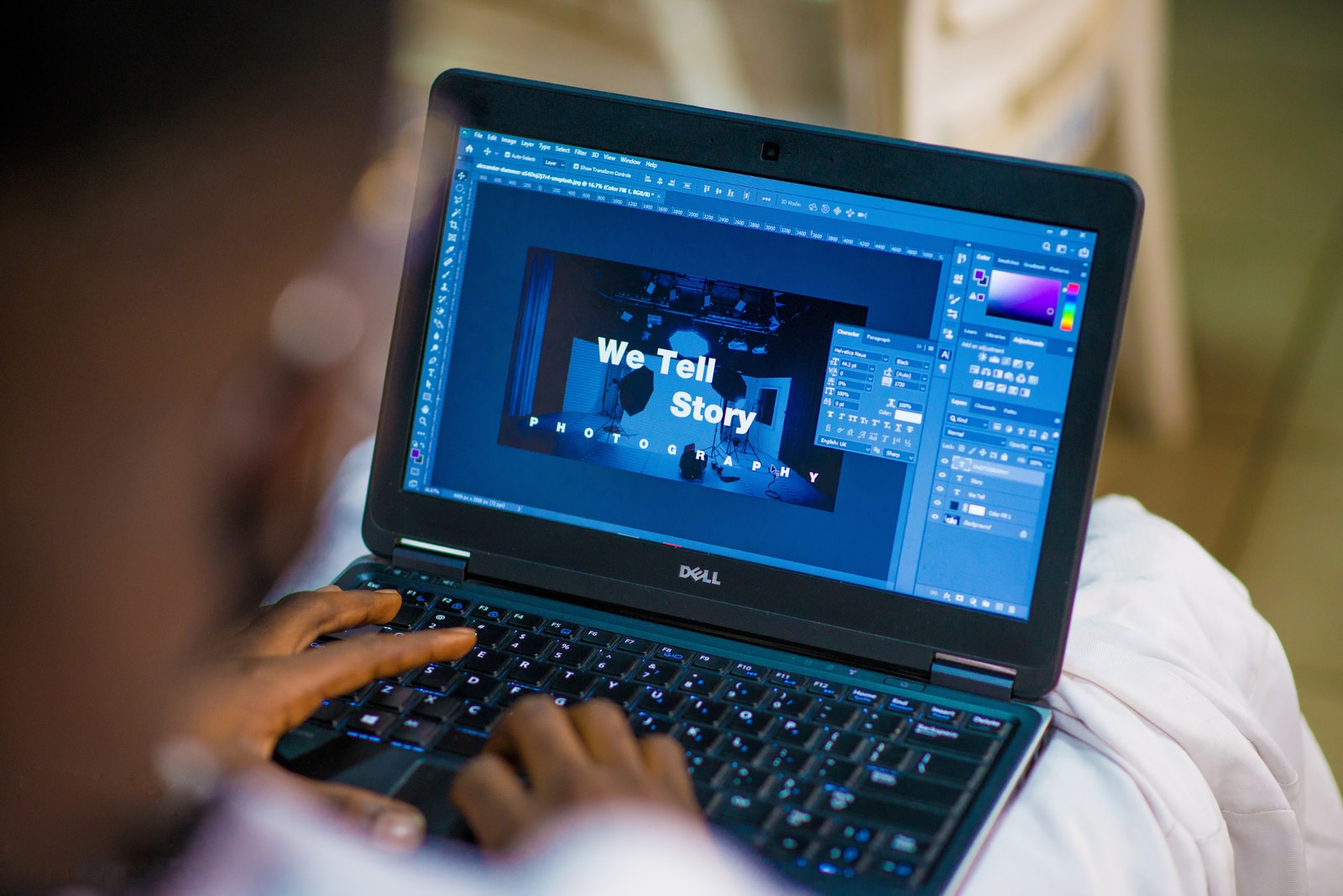
How Kids Can Benefit From Coding
Technology is here to stay and will always be a relevant part of our lives as we advance. It makes sense that to better prepare our children for the future, we should teach them how to interact with technology better.
There’s no better way to interact with our devices than to learn coding. Coding skills open up new ways for us and our children to interact with and communicate with the technology that’s constantly surrounding us. The choice for your kid to start coding is an important one.
But what are the other benefits your child might get from learning coding? Can learning coding skills improve your child’s abilities in different ways? Today, we’ll be talking about some of the obvious and less obvious benefits that your child will get on their journey to learn how to code.

Coding Promotes Creativity
With coding, there’s more than one way to solve a problem. There’s also an endless number of things you can create from coding. When you learn how to code, you learn to think outside of the box.
As kids are allowed to experiment and find new ways to solve problems, they grow more confident in their skills. With the freedom to experiment and make new things, coding is a powerful tool for creativity.
Improved Math Skills
It’s a well-known fact that some kids will struggle with math in school at one point or another. Math can be intimidating and confusing, so, understandably, not everyone will get it at first.
Kids who start learning code early, however, have an advantage when it comes to understanding math. Many mathematical concepts apply when coding, and many times you can visualize these concepts. Learning coding leads to an easier understanding of math, and less struggle in the future.
Coding Promotes Hands-On Learning
One of the best ways to learn how to do anything is by going out there and doing it. Kids who learn coding get the benefit of hands-on activity in most lessons. This approach to learning allows students to interact with their environment to adapt and learn.
Exploring and seeing the outcomes of their actions affords students a better understanding of the coding language they are learning. Hands-on learning also allows for better problem solving skills to mature. It is a process that involves active engagement instead of passive learning. It will enable kids to make mistakes but also recognize and learn from them.

Kids Learn Computational Thinking Through Coding
Computation thinking is the process of breaking down a problem into simple steps to make it easier to understand and solve. It’s a skill that’s learned hand-in-hand with coding due to the nature of how computers read and interpret code.
If your child comes across a complicated problem, they will be better prepared to understand and solve it. Computational thinking is one of the best ways to approach and solve problems. Learning this skill from an early age will significantly benefit a student’s problem solving skills in the future.
Coding Teaches Perseverance and Determination
Coding is challenging; there are many things to learn and understand. Students may come across a complicated problem that makes you scratch your head. Sometimes it can be frustrating figuring out a solution. But once a student succeeds in solving a problem, it builds confidence that they can do it again no matter how challenging a problem may be. Perseverance and determination are valuable skills and mindsets to teach kids early on.
Coding Develops Better Logic and Problem Solving Skills
Coding at its core encourages better logic through analysis and understanding of how a language works. Obstacles, problems, and challenges are everyday occurrences for those learning to code. With improved logic comes the ability to solve problems more effectively. Problem solving and critical thinking skills develop naturally alongside coding skills.

Kids Will Be Better Prepared For The Future
As technology improves and expands to different aspects of our lives, being computer literate is a must-have skill going into the future. It also helps that there’s a high demand in the job market for computer-literate people and that demand is only going up, as statistics show. Teaching kids how to code sets them up for success later in their lives in more ways than one. Even if they don’t pursue a career in programming or computer-related fields, the skills students will learn through coding will serve them well no matter what they do.
Where Can Your Kids Learn Coding?
Coding classes are offered in some schools or as a part of computer science classes, but there are still a lot of schools that lack proper coding courses. After-school coding camps and online coding classes are two of the most popular options for kids coding today.
Parents can also take advantage of the numerous free online resources available for kids coding, and coding in general. Scratch, Blockly Games, Minecraft Education Edition, and Roblox Studio are just some examples of the most popular free coding tools available today. All of the aforementioned tools have extensive resources available through blogs, articles, or step-by-step youtube videos, making it easier than ever to access educational material.
If you are an educator and looking for an easy to start and run learning application, BlocksmithXR offers no-code/low-code tools that make teaching kids to code and create/share 3D content easier than ever.
And if you are looking for a wider range of teaching material, topics, and projects to create your own extensive and comprehensive curriculum, then Brite can help you with that. Brite makes it very easy for educators to not only have a ready-to-go “plug-n-play” curriculum but also to manage their classes and engage their students. You can even teach with BlocksmithXR projects through Brite starting Spring 2022.
Questions and Contact
If you’d like to know more about us and what we offer, or have more in-depth questions or feedback about this blog post, feel free to contact us at info@gobrite.io or 425-665-7799, and we’ll be happy to get back to you.
We hope you’ve enjoyed this week’s blog post!
- Popular Kids Education Platforms Review - February 10, 2023
- Pros and Cons of Opening a Kids Coding Franchise - January 31, 2023
- How can coding help kids reduce screen addiction - January 30, 2023